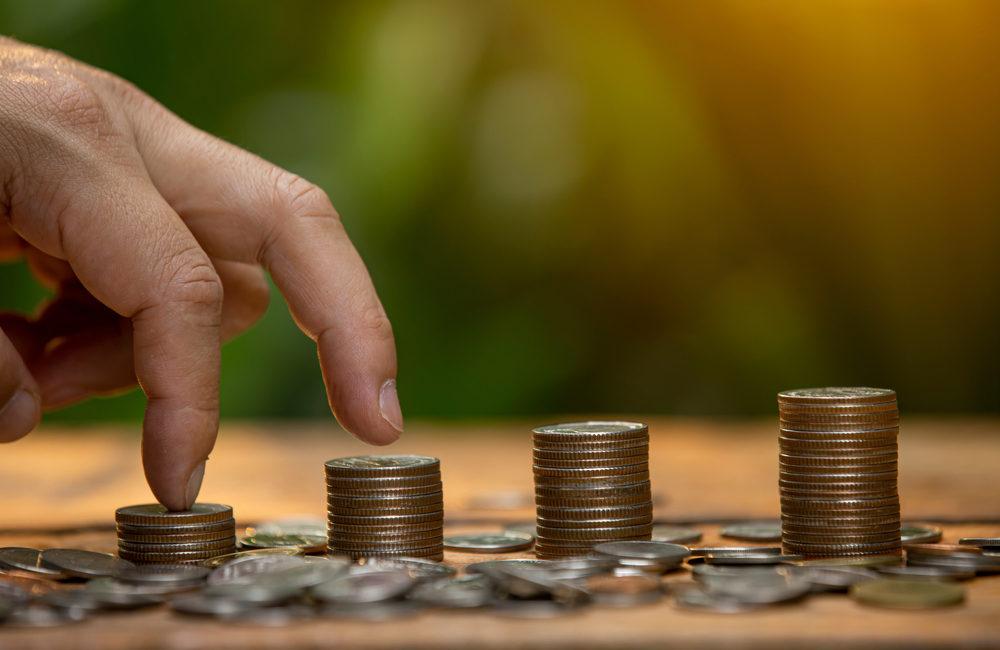If you’ve heard the buzz about unclaimed funds and wondered whether you might have some money languishing in a government account, you may just be pleasantly surprised. With billions of dollars in unclaimed assets in federal and state government accounts, millions of Americans are missing out on assets that belong to them.
Why are these assets in government hands if they belong to you? Well, it happens for a variety of reasons, but most often its because the financial institution or other entity wasn’t able to contact you about your account. Maybe you moved, or changed your last name or an illness left you unable to manage your personal financial affairs for some time. Whatever the reason, you’ll want to determine whether you’re missing out on financial assets you could be benefitting from.
Two of the most common types of unclaimed assets are bank accounts and investment accounts. Could you have an old savings account you never got around to closing? Do you own an investment account that you set up on a whim and then forgot about? Even if the bank or other company has since closed, your funds are likely deposited somewhere, just waiting for you to make a claim.
Here’s how many people end up with unclaimed accounts of this nature, and what you can do if you think you have unclaimed funds due to you:
Bank Accounts
Most of us will hold multiple bank accounts over time. Usually, we will have a checking account or two, as well as multiple savings accounts. Oftentimes, these accounts will be held at multiple banks based on things like where we live at the time of opening the account or who had the lowest account fees. Over time, we can begin to rely on, say, the checking account where our monthly paychecks are direct-deposited, and other accounts fall out of use. In time, we forget to check them, discard statements or emails and forget logins and passwords.
Investment Accounts
If you haven’t heard the statistics, it might seem crazy to think that people completely lose track of, say, their Individual Retirement Accounts (IRAs). However, it happens frequently. Most often, it’s for a simple reason like moving and neglecting to update your address with the financial institution. You won’t receive their paper statements any longer, so you’ll have no reminder about the status of your account – or even that it exists. Other times, an investment account was set up for you automatically by a former employer who no longer knows how to reach you.
How to Find Your Lost Money
The best place to start in your search for lost bank or investment accounts is the free search tool provided by the National Association of Unclaimed Property Administrators. On their easy-to-navigate website, you can search by state for funds that may be yours. For bank and investment accounts, make sure you search in the state you live in currently, but also any other state where you had former residence. If you don’t have luck with this search, you can also directly contact the banks or financial institutions where you originally opened the accounts.
There can be some legwork involved in the search for your unclaimed money, it’s true. However, when you’re successful in locating what’s rightfully yours, your hard work will pay off – literally.







